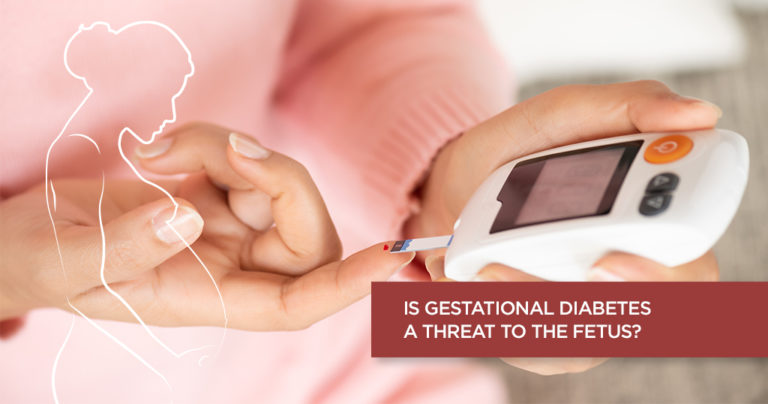Pregnant women who have gestational diabetes are affected by this disorder. When a woman is pregnant or gestating, diabetes is initially identified. Pregnancy-related diabetes alters how your cells utilize glucose (sugar).
High blood sugar levels can harm both mother and child if untreated. In some cases, gestational diabetes can be controlled by eating healthy food, exercising regularly, and staying active. This can ensure a healthy pregnancy and delivery for both mother and child.
Class A1 and class A2 gestational diabetes are the two subtypes. Women with type A1 diabetes can manage their condition by eating well and exercising regularly. Women with class A2 however, need to take medicine.
Gestational diabetes typically disappears after birth. Yet, there is a danger that it will harm your infant’s health. You run the chance of getting type II diabetes later in life if you have gestational diabetes once.When you eat, special cells in the pancreas releases a hormone called insulin. It helps move glucose – a type of sugar – from your blood to the body’s cells. These cells use glucose for energy.
When you get pregnant, the placenta secretes hormones that cause a build-up of glucose in the blood. The pancreas can release insulin and control the build-up of glucose. But if your body can’t produce enough insulin or use it the way it should, the blood sugar levels rise, causing gestational diabetes.





